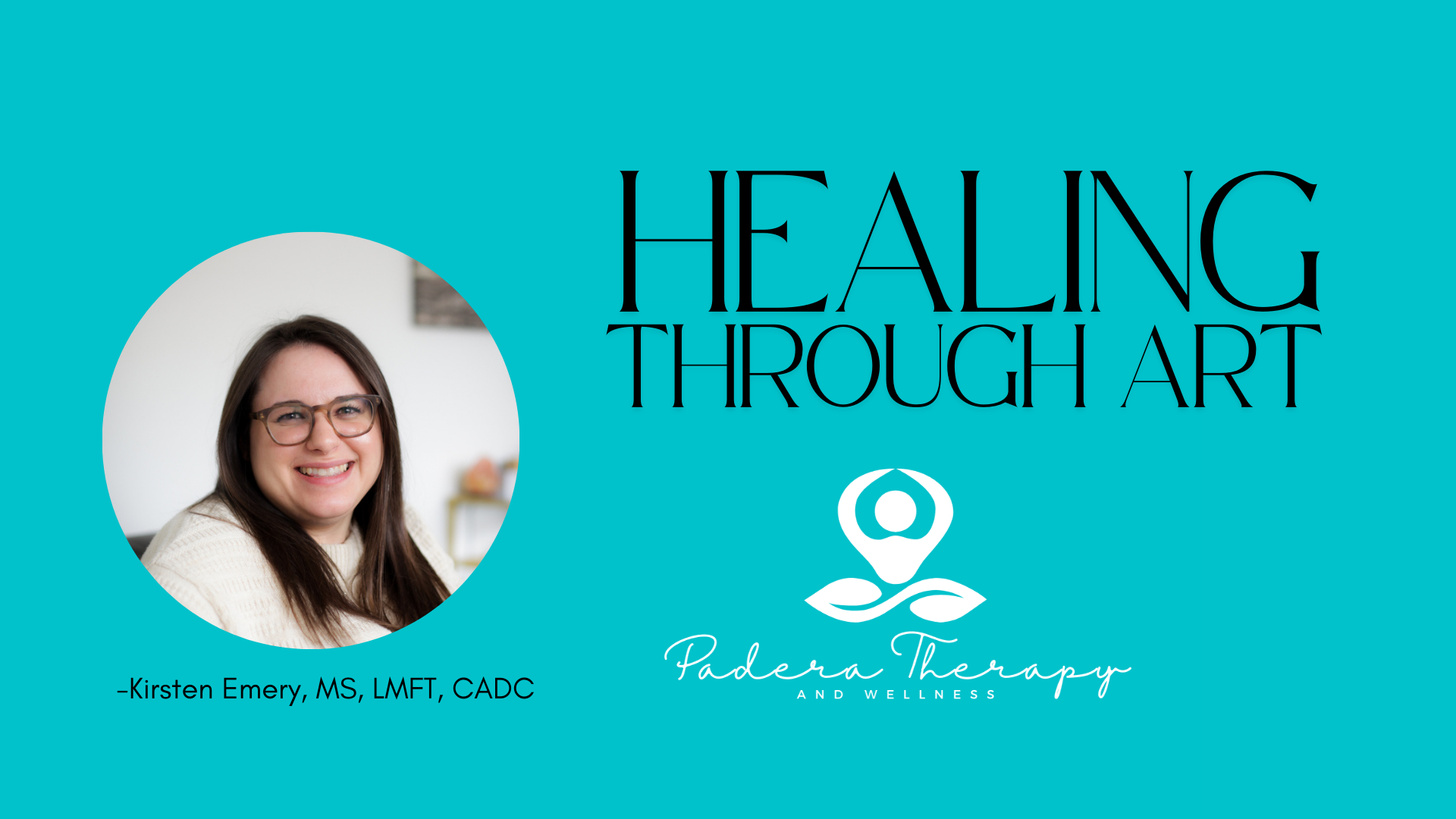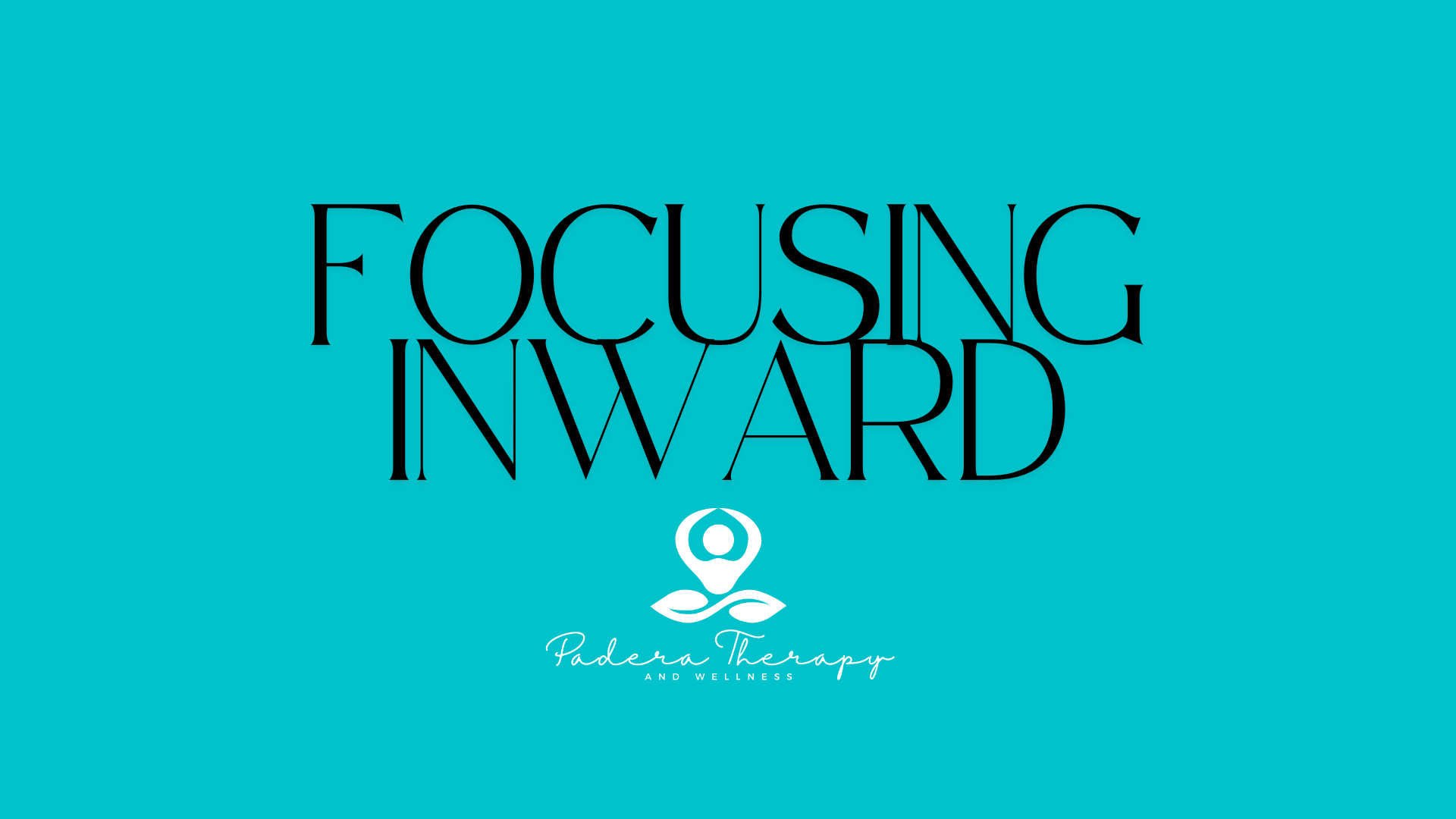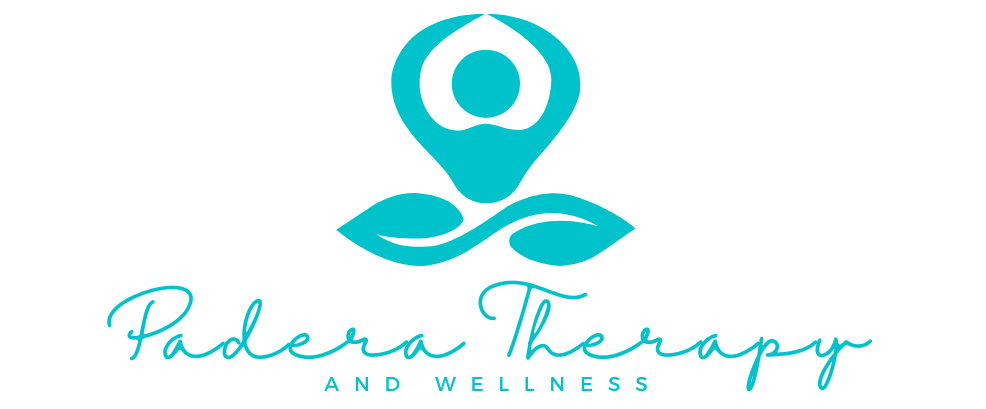
Fresh Air, Clear Mind
The birds are chirping, the sun is shining, and flowers are blooming—spring is in full swing! With the weather finally getting warmer as summer gets nearer, it gives us an opportunity to get back outside and connect with nature. Most of us feel better after being outside, soaking up the sun and breathing that fresh air, but even more than that, there are significant tangible benefits that communing with the natural world provides our mental health.

Healing through Art
Art Therapy combines the advantages of psychology with artistic expression to help people manage stress, process emotions, and understand their inner selves. Art therapy is far more about the experience than the result, as compared to traditional art classes, which focus on technique and skill. Under the guidance of a licensed art therapist, clients can engage in creative activities created especially to support self-discovery and healing.

Focusing Inward
As we move past the flurry of February’s celebrations and into the fresh energy of March, it’s a great time to shift our focus inward. While Valentine’s Day may have emphasized relationships with others, the arrival of a new season serves as a reminder that one of the most important relationships we can nurture is the one we have with ourselves. With the promise of renewal in the air, there’s no better time to reflect on how developing a healthy, loving, and secure relationship with ourselves can positively impact the way we show up in relationships with others.
